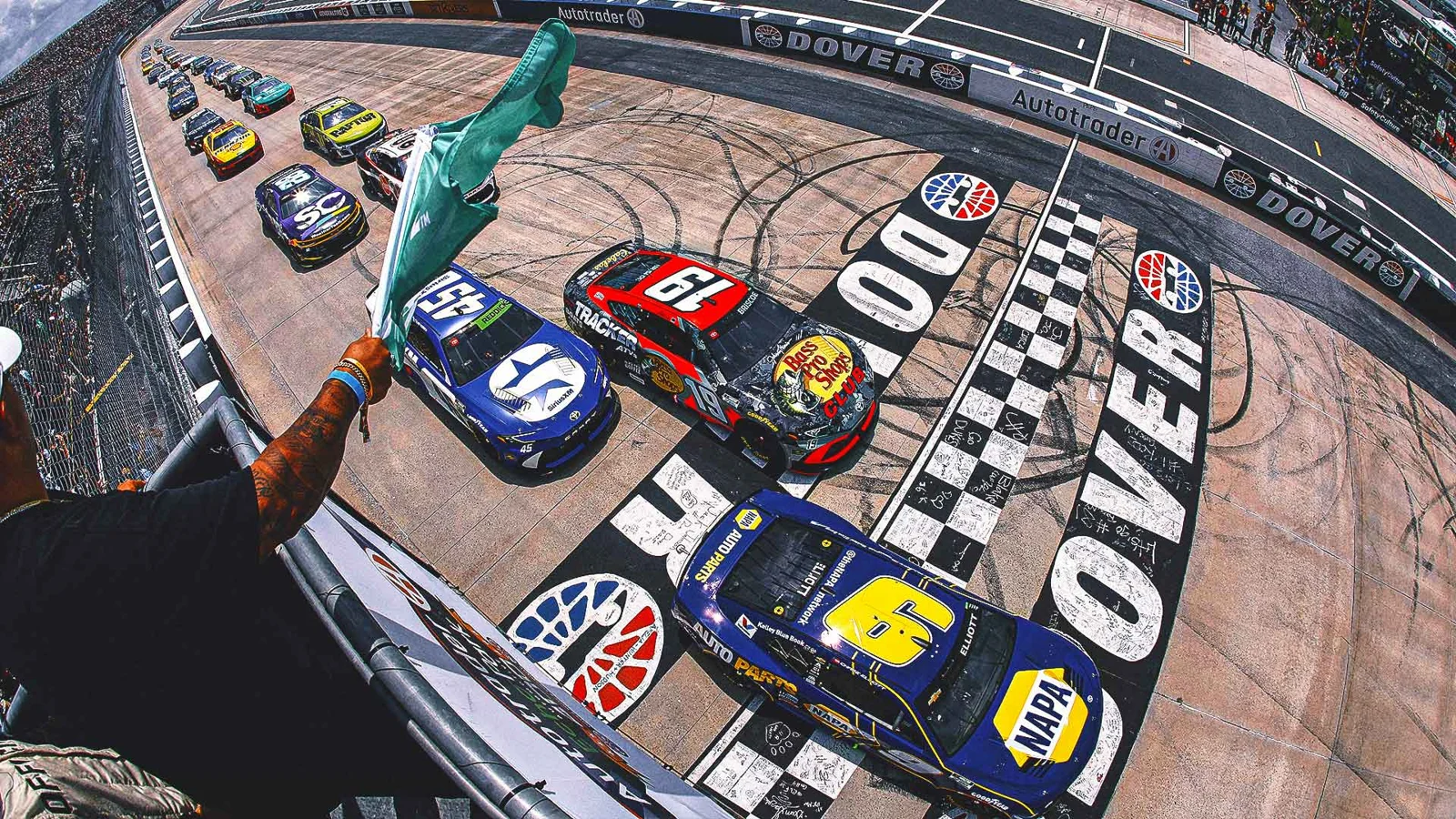The Front Row Motorsports NASCAR lawsuit, launched jointly with 23XI Racing against the league, remains unresolved as legal battles continue in courtrooms, with a key trial set for December 1. At the heart of the dispute are accusations, drawn-out appeals, and uncertainty over permanent charters—threatening to alter the structure of NASCAR’s Cup Series.
Multiple Lawsuits Spark Controversy Over Charter System
Since filing their federal antitrust lawsuit months ago, 23XI Racing and Front Row Motorsports have pushed back against NASCAR’s control over charters, which are critical for team stability and race participation. NASCAR’s latest legal response has spotlighted drama surrounding 23XI Racing co-owner Michael Jordan. The league alleges Jordan is pursuing litigation to secure a permanent charter for his team, which no other competitors have, heightening tensions around fairness and access, a central element in the Front Row Motorsports NASCAR lawsuit.
“Mr. Jordan has said he wants to use the litigation to grant him a permanent Charter that no other team has.”
—NASCAR’s allegation in court filing that 23XI Racing co-owner Michael Jordan wants a permanent charter
Pressure Surrounding Charter Agreements
Back in September 2024, according to the Associated Press, NASCAR formalized new charter agreements with thirteen organizations. Notably, 23XI Racing and Front Row Motorsports were the only teams that refused to sign. Reports from teams claimed that NASCAR exerted significant pressure to approve the charter deal, even suggesting it might revoke and sell the charters of those unwilling to sign on.
When both 23XI and FRM stood their ground, their refusal threatened their ability to compete as chartered teams when the 2025 schedule began. Initially, a U.S. District Court granted an injunction in December 2024, temporarily allowing both teams to participate as chartered entries. However, this decision was overturned after a series of appeals, and by July, the teams lost their charter status, forcing them to compete as “open” teams starting at Dover Motor Speedway, a situation that continues to the present.
Ongoing Legal Maneuvers and Uncertain Futures
Recently, 23XI and FRM have pursued another preliminary injunction, scheduled for a hearing on August 28. Their new filing claims that NASCAR intends to sell the six disputed charters before the end of the 2025 season. Should those charters be sold, even a favorable court verdict might not return them to the plaintiffs for 2026, creating existential questions about their future in the Cup Series. NASCAR has now confirmed its intent to proceed with the charter sale, and has acknowledged the presence of interested buyers eyeing potential deals by October.
League Defends Its Position, Expressing Confusion Over Lawsuit Goals
The dispute has spilled into public dialogue, most recently through an interview NASCAR president Steve O’Donnell gave to YouTuber Eric Estepp. O’Donnell argued that the league was forced into litigation and maintained that he remains unclear about the outcome 23XI and FRM seek through their lawsuit.
“I think it’s important that everyone knows, the team sued us, right? We didn’t ask for this. We’re still not sure what they’re even asking for, candidly, in terms of an outcome. What we’ve seen really doesn’t have anything to do with why the lawsuit was brought.”
—NASCAR president Steve O’Donnell on the 23XI Racing, Front Row Motorsports lawsuit
Driver and Sponsor Impact Looms Large
The ongoing uncertainty regarding charter status could impact not only team operations but also individual careers. Driver Tyler Reddick, for instance, has a clause allowing him to leave 23XI Racing if it’s unchartered. In addition to this, losing charters may result in sponsors withdrawing support, a development that could endanger the financial well-being of both 23XI Racing and Front Row Motorsports.
Settlement Encouraged, But Legal Standoff Remains
Throughout each stage of litigation, judges have consistently encouraged all parties to settle privately, emphasizing the disruption continued court action brings to the sport. However, the entrenched stances of 23XI Racing, Front Row Motorsports, and NASCAR have kept settlement unlikely. As a result, it appears increasingly probable that the case will proceed to trial on December 1.
The battle over Cup charters and their control represents not just a fight between teams and the league, but could also set new precedents for NASCAR’s administrative future. The next few months, especially leading into October’s expected charter transactions and the December court date, will be critical in determining not only the fate of 23XI Racing and Front Row Motorsports, but also the framework that will shape Cup Series competition for years to come.
